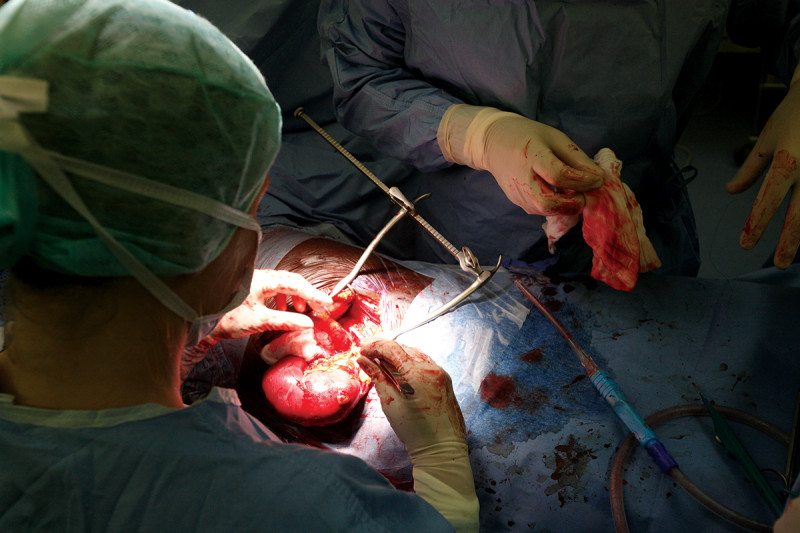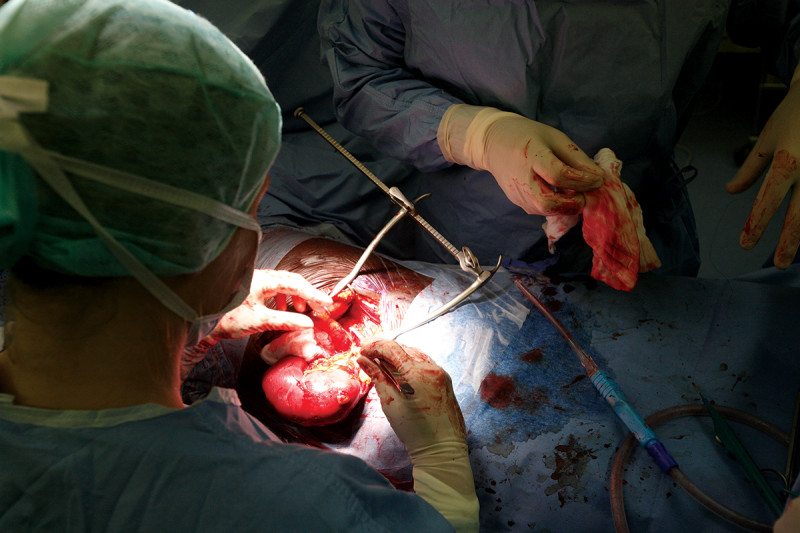The doctors said there was no hope. Alex Anaya was just 29, yet a weakened blood vessel had ruptured in his brain, and surgeons couldn’tsave him.
Family members decided that he should be removed from a ventilator, and they gathered at Thomas Jefferson University Hospital to say goodbye. His heart would keep beating for a while on its own, but soon he would die.
Then the family was approached by a coordinator from Gift of Life, a nonprofit that arranges organ transplants in the Philadelphia region. She told them, gently, that it might be possible to restart Anaya’s heart and save someone else. But it would require the use of a new device to “perfuse” the organ with a warm solution of nutrients and oxygenated blood, allowing it to beat outside his body until it was time for the transplant.
Read full story, here.








